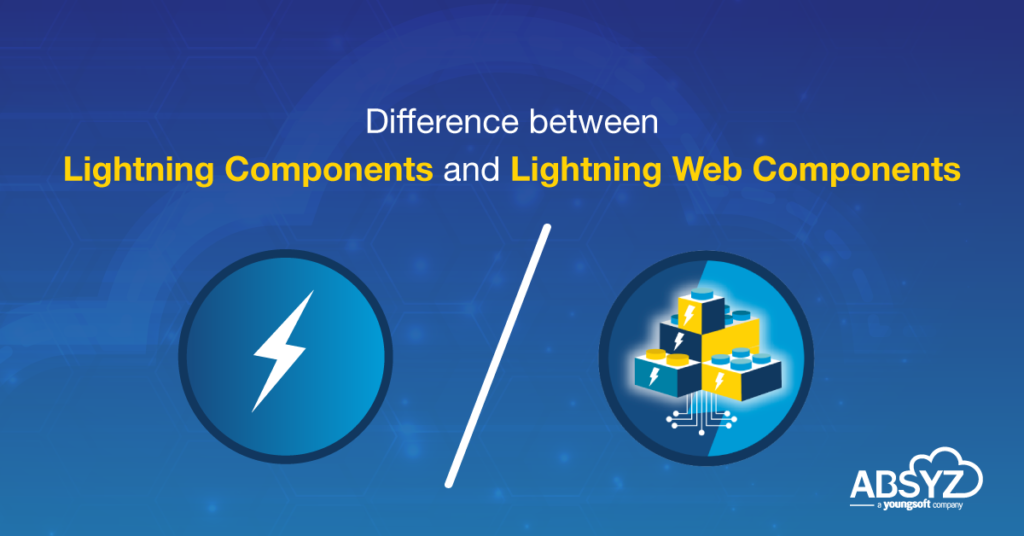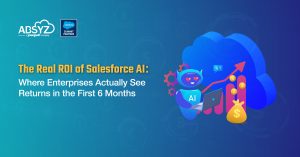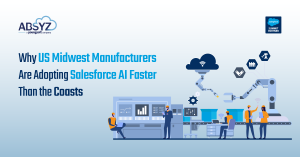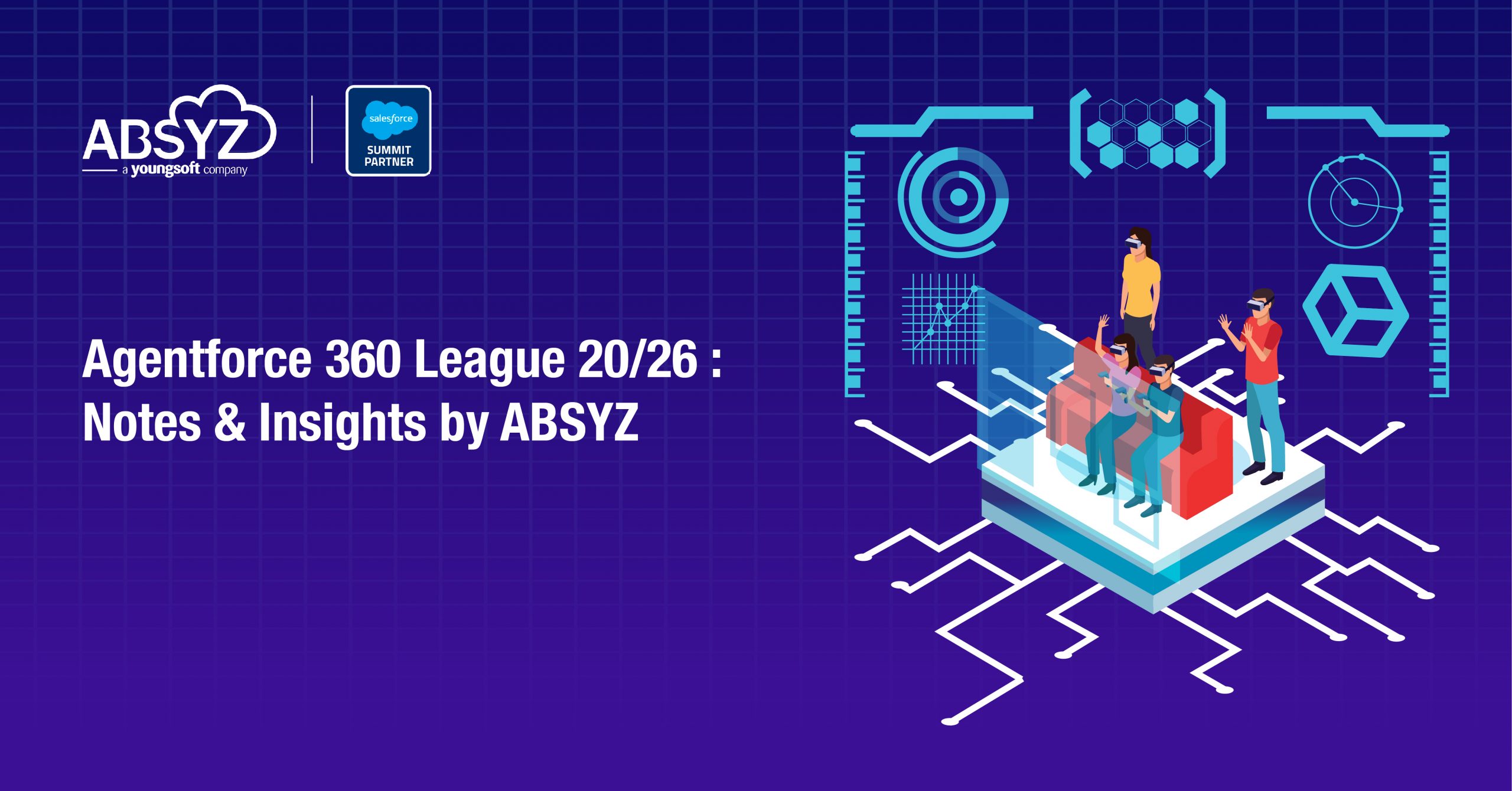Lightning Components have a prominent role in the Salesforce ecosystem and empower the Salesforce Admins and Developers with valuable tools for enhancing the user experience on many devices. Still, they come with some imperfections and limitations. There is an answer for this in Lightning Web Components. Lightning Web Components present an advanced and modern picture as they align closely with the new web standards, facilitating an efficient building process. Also, unprecedented changes and standardization are transforming it in a big way, and more to follow in the future. This blog brings the necessary knowledge about Lightning Components and Lightning Web Components, with a list of the benefits accruing to Developers, Admins, and Users.
Facts of Lightning Components
Lightning Components are a user interface framework for creating applications on desktop and mobile technologies to construct single-page web applications that give a fine end-to-end experience and perform many functions. There is the optimization of pages to engage an interactive user and offer a great developer experience. Through the Lightning Components, there is an integrated framework for developers helping to create rich and responsive applications easily plugged in at any place in the UI. Additionally, the users have an easy time navigating the interface and streamlining the services. These can be created, divided, and integrated with other components effortlessly, allowing the creation of highly customized pages. It also helps the developers extend lightning web components, allowing the building of new components on top of one another. Another feature is that it is easy to build and maintain.
The Accompanying Benefits
Lightning Web Components carry a series of benefits, and we list them here:
For Developers
The lightning Component architecture allows developers to use a standardized JavaScript framework that does not have limitations allowing the easy creation of customized pages.
For Admins
- Admins can do their job efficiently and ensure that there are web pages they require on Salesforce.
- They are reusable and optimal for responsive actions and can register an action by providing a specific response.
- Can deliver quick results and respond to user actions and messages.
For Users
- Lightning Components have a design to offer customers a better and faster web experience.
- There is a better page speed and loading performance.
- The app or page can respond better to the mobile.
The Evolution of Lightning Components
Through the Lightning Web Components, creating Lightning Components is easy and not complex for unfamiliar persons on the Salesforce platform.
Programming languages tend to evolve with time and respond better besides being responsive to the new requirements. The design uses JavaScript.
Some Facts On Lightning Web Components
Lightning Web Components generate powerful interfaces without using JS or building a Library. The feasibility aspect makes it easy to use, saving time and effort for the developers. There is use of technology like CSS, HTML, and updated JavaScript (updated), not needing a set framework, and adding the latest innovations in JavaScript, Shadow Document Object Model, and custom elements.
They are simple to define and develop, owing to confirming updated web standards. The skilled developers efficiently use this framework and develop Lightning Components for the pages. Many people can build Lightning Components efficiently and effectively, and the authorities can get the necessary help from professionals. It can create apps using small codes and offer better component performance. There is an increase in the richness of the apps as they use LWCs and include modern web standards. They also provide interconnectivity, giving a full standard end-user experience.
The Benefits of Lightning Web Components
For Developers
- There is a Standardized-based architecture to build components for pages quickly.
- There is the support for Code reuse for fast deployments.
- Unit testing for quality assurance.
- There is greater access to fresh developers who use Lightning Web Components and create desired solutions.
For Admins
- The advanced standard-based architecture, Lightning Web Components
- The features help to build a Lightning page quickly,
- Easy Implementation of Lightning Web Components with some clicks only.
For Users
The components give a better performance and run more easily without interferences.
Differences in Lightning Components and Lightning Web Components:
Lightning Components
Lightning Components use a standardized JavaScript framework needing the users to be more proficient with the Salesforce platform. More time to build and deliver, and the cost is high. Besides, there are no rare components. Code is reusable, no support for a unit testing framework. Relying more on the Aura framework for creation and execution is a limitation; it is not built on code that runs natively in browsers.
Lightning Web Components
Lightning Web Components use standard tools like CSS, HTML, and updated JavaScript and perfectly align with modern web standards. The structure relies on code that runs natively on browsers, gives an excellent performance, and is versatile and fast to deploy. Code is reusable and natively supported in the browser leading to fast performance.










